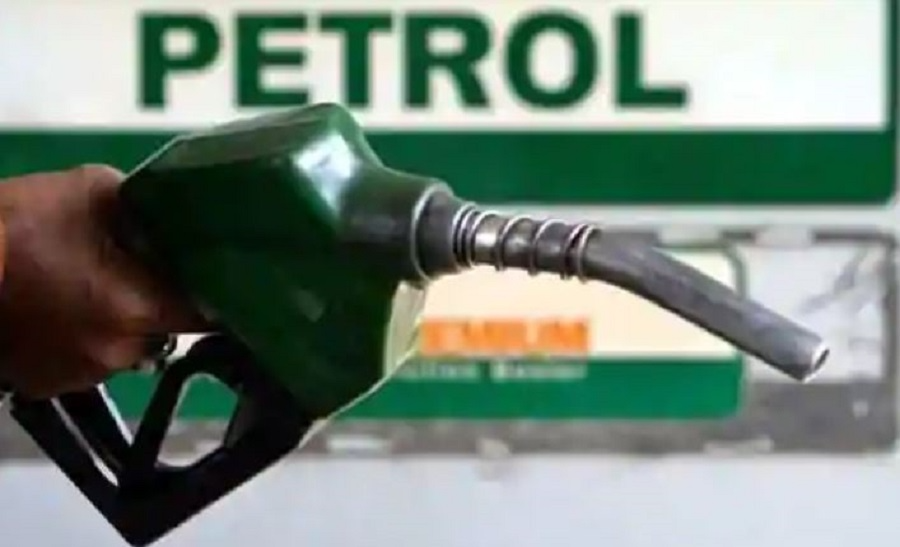
One of Europe’s leading markets for gasoline has shrunk, threatening to squeeze European refiners. That’s because when Nigeria removed fuel subsidies this month, it destroyed much of the country’s domestic demand and a regional market for smuggled fuel. The move has spooked foreign investors who have long wanted to build a refinery in the world’s largest oil-producing country.
The subsidy was meant to keep the cost of petrol at low prices for the benefit of the population. But this artificially low price structure discouraged additional investment in Nigeria’s lagging oil sector, vital to its future economic growth. It has also prevented the government from reducing the country’s huge public debt.
Keeping the subsidy in place would have been fiscally irresponsible for Nigeria. It has drained state coffers and contributed to the enormous debt burden that the Buhari administration inherited.
The subsidy removal has caused people to rush to the gas pumps, creating long lines in many cities. But even though it may be chaotic, the new policy will eventually ease the pain of higher petrol prices for ordinary Nigerians. Finding a more sustainable solution will take time, but it is possible. The key is a transparent system that allows citizens to review and scrutinize how the savings from the subsidy are spent.
A good starting point is redirecting funds to infrastructure, support for small businesses, and safety net programs. However, ensuring those programs are targeted toward the poorest is essential. A committee of critical civil society organizations should oversee these investments.
Nigerians also need to see that corruption is not rewarded. If they believe the savings from removing the subsidy are not being used properly, their support for reform will decline. A recent study found that the ability to deliver reasonable national and local services correlated with reform support.
In the long term, the biggest challenge facing the new president and the governing party is reducing the country’s massive public debt. This is a critical issue because developing countries are increasingly forced to look inward for financing as international capital flows dry up.
Historically, North America and West Africa (WAF), with Nigeria at the helm, have been the top two European petrol export destinations. But the loss of the Nigerian market will make it harder for European refiners to balance their books and stay in business. That could force the closure of some plants. It will also reduce the profitability of the Nigerian market for petrol shipments that now face stiff competition from the cheaper, locally produced alternative, kerosene. It’s no wonder that some of Europe’s biggest petroleum companies are bracing for a tough year. This is crucial for Nigeria to get its finances and economy back on track. But it will only happen if the country can restore the trust of its citizens.


